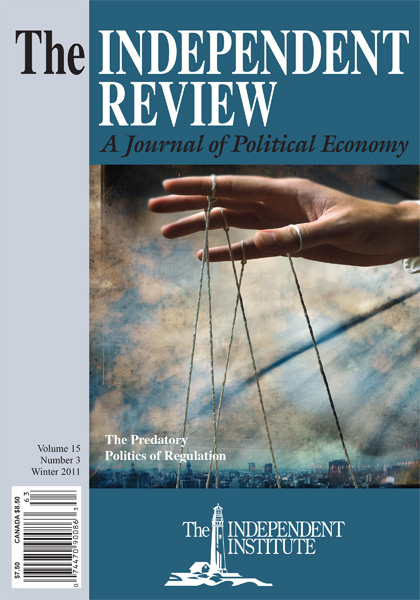Botswana has a standard of living more than eight times as high as that of neighboring Zambia. This disparity and others like it have sparked intense debates in the field of development economics over the past 50 years.
Article
The world does not appear to make sense. If it did, Botswana would be as miserable and poor as its neighbor Zambia. Instead, Botswana’s standard of living of more than $13,000 per person is more than eight times higher, its literacy rate is 12 percentage points greater, and its infant mortality rate is 68 percent lower (World Bank 2010). According to many conventional theories of development, Botswana would never be a candidate for success: it is a sparsely populated country that does not enjoy economies of scale or scope in manufacturing. It is landlocked, with high transactions costs for interacting with global markets. The terrain consists of many deserts and swamps that limit agriculture, but it allows for small and large cattle pastures. Botswana was a British protectorate until 1966 and retained local elites after independence. The country does have diamonds, but other African nations with valuable resources suffer civil wars over them; oil-rich Libya has stable political rule but languishes with roughly the same standard of living today as it had thirty years ago. Despite all the odds, Botswana somehow made the list of the thirteen top









